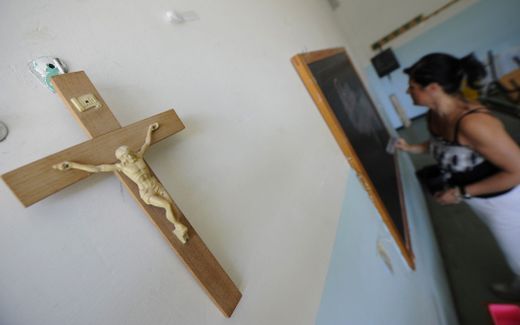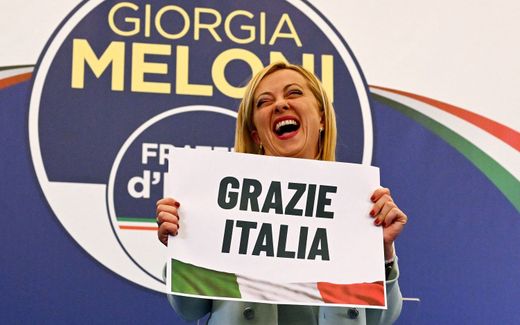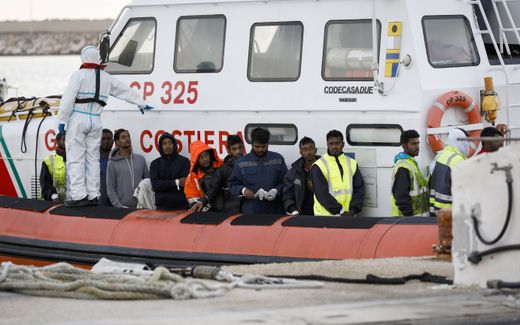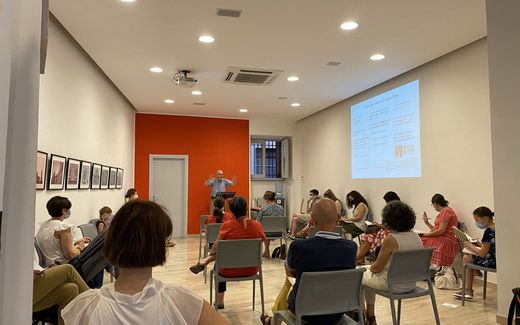Column from Italy: What did we gain from 70 years of RAI television?
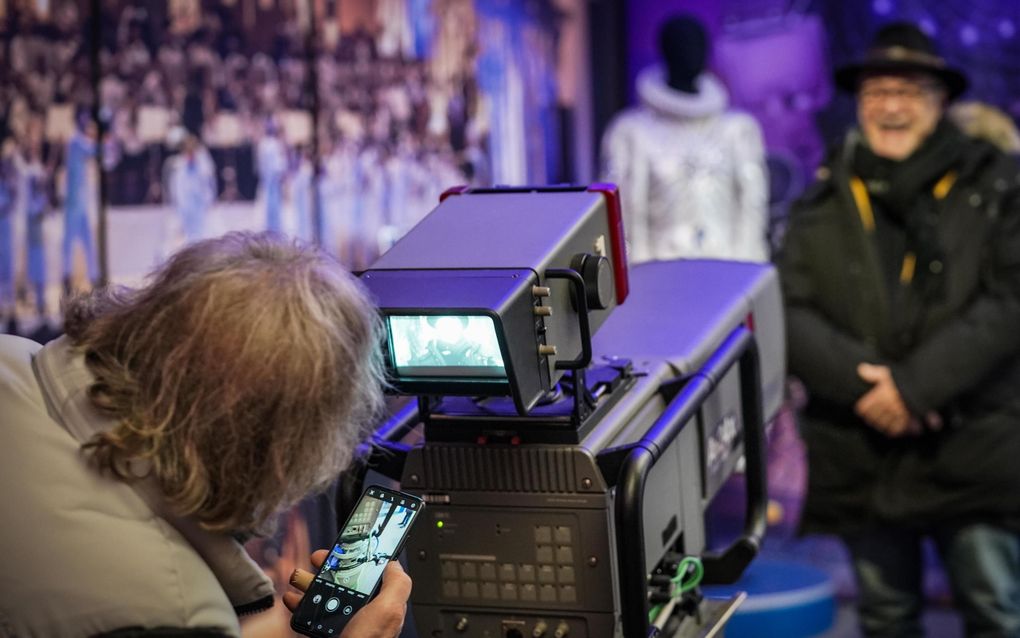
Visitors look at exhibits on display at the Rai Radio and Television Museum in Turin, Italy, 03 January 2024. Italian State broadcaster Rai marked the 70th anniversary of its first broadcast on 03 January 1954. Photo EPA, Tino Romano
Christian Life
This year started with a big celebration. On the 3rd of January, RAI, the Italian state television, celebrated its 70th anniversary. This is an important event for our country. When RAI started, half of Italy’s population could not read!
Before 1954, the country was very different. Partly, we can thank the television for the Italy of today. But its influence also brought problems.
Italy had only become a unified country in 1861. After the first years of the Kingdom, in the 1920s, when the country was struggling to become modern, the Fascist regime was established. That lasted for twenty years and led the country into the Second World War. The information of the first years after the invention of cinema and radio was therefore all filtered by the regime, and Italians only knew an unreal country built on fascist rhetoric.
Modernisation
At the end of the Second World War, Italy was a poor, backward, war-torn and in many ways ignorant country. Half of the population was illiterate.
The 1950s were, therefore, the years of reconstruction and modernisation, which in the 1960s led to the greatest economic boom Italy had ever seen.
In the midst of the reconstruction work, the first television broadcasting equipment arrived from America, which was helping Italy recover with the Marshall Plan. The first broadcasts began in 1954. It was an exceptional event, but it was reserved for only 90 television set owners in the whole of Italy. In a very short time, television became the catalyst of all Italian culture.
Rush
The programs shown on the small black and white screen captivated the country and everyone rushed to buy a television. Despite the variety of devices and the fragmentation of communication, statistics show that television is still an indispensable object in Italy.
With the advent of television, many Italians learned to speak Italian instead of local dialects, and there were programs that helped Italians pass their primary school exams, thus combating illiteracy. Television was the first window on the world for thousands of peasants who had never left their villages, the story of a reality unfiltered by the regime and the dream of a life of shows, songs, cinema and comedy. Advertising slowly introduced consumerism and a new lifestyle to a country where families in the countryside produced most of their own goods.
The introduction of television allowed Italy to become a 'Western' country more quickly.
Intervention
RAI, however, as a state-owned company, often with the direct intervention of governments, has also followed a very precise line over the years.
For the first 70 years of its existence, RAI portrayed the country as an exclusively Catholic one, with no room for religious minorities. RAI has always broadcast the Pope's Angelus, its news programs have covered every one of his speeches or trips, and the dramas produced by RAI and many of its programs are all narratives of Catholicism culture.
Story
At the same time, television has always been open to secularisation, offering programs that were considered scandalous in the 1960s and which have now been replaced by campaigns supporting the LGBTQ community and promoting completely secularised lifestyles.
Thus, in its first 70 years, RAI told the story of a Catholic/secularised country, often mixing the two cultures but paying little attention to any other minority or way to live the life.
The birth of television is a great event to celebrate, but also a moment to reflect on the state of plurality and religious freedom in Italy.
Related Articles


